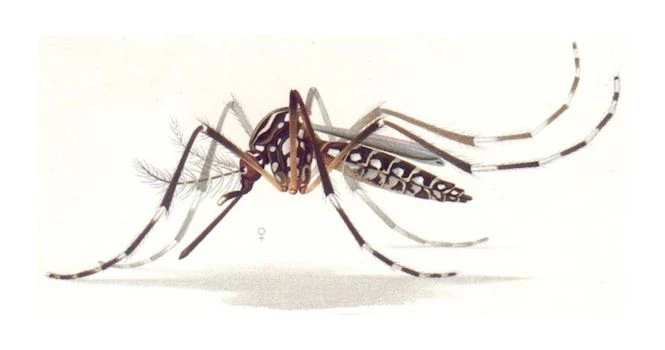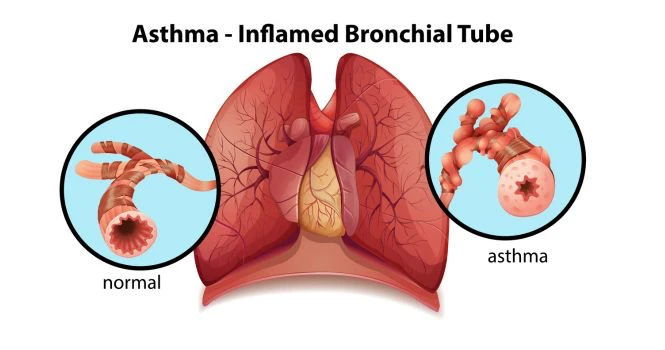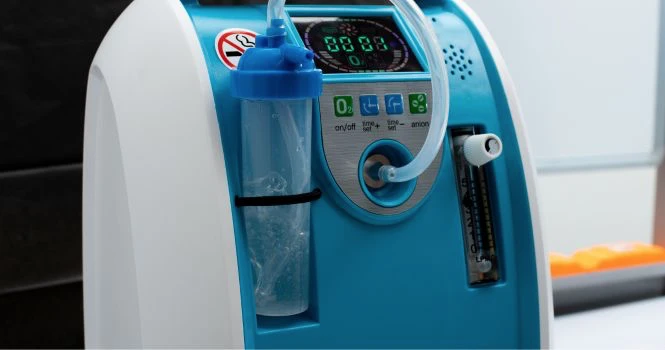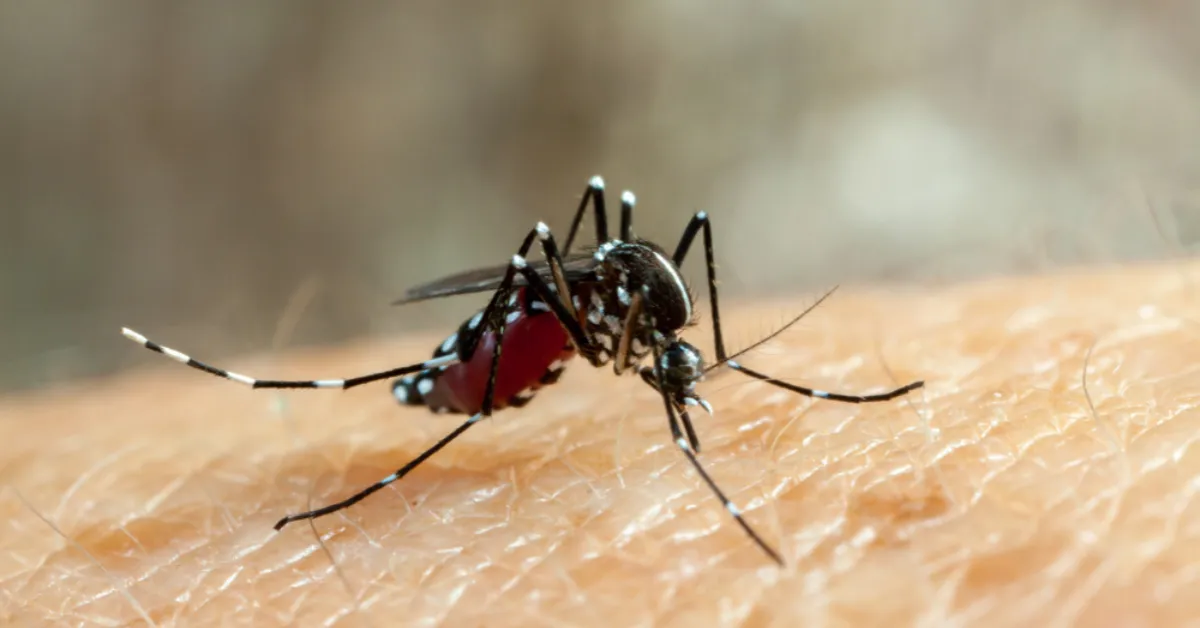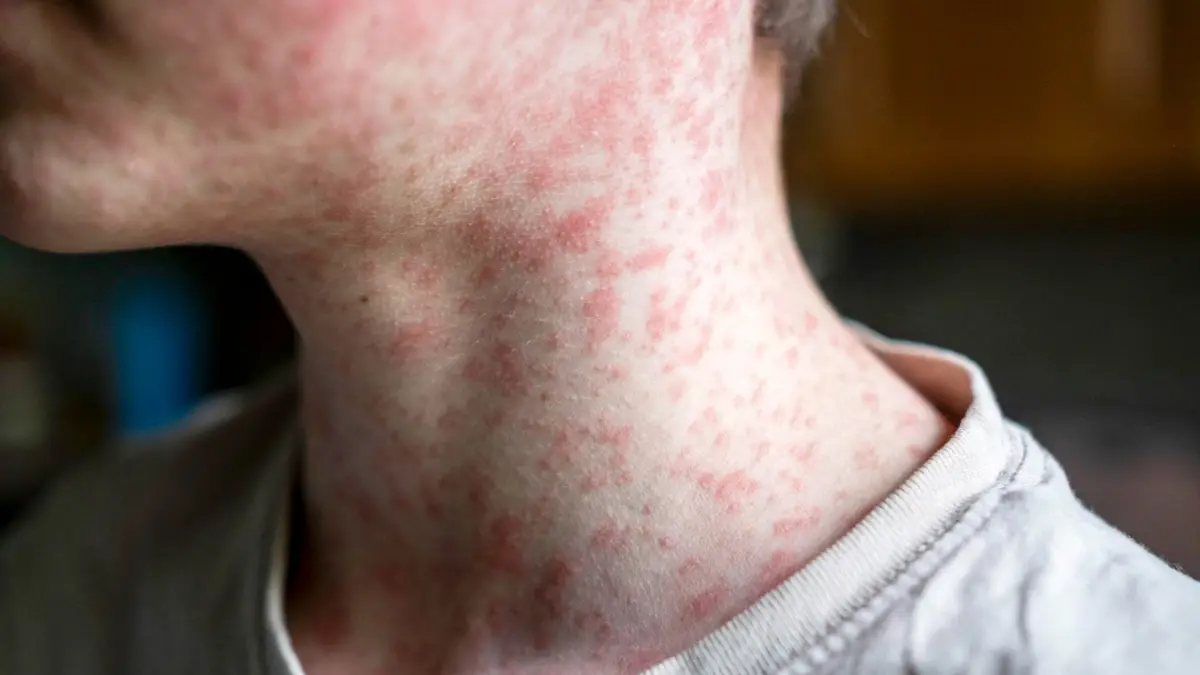Food Poisoning
Food poisoning is inflammation of linings of stomach and intestine caused by ingestion of contaminated food or water.
It can be caused by Bacterias, Parasites, Viruses or toxins.
Common food sources which cause food poisoning are,
1. Poultry
2. Fried rice
3. Mayonnaise
4. Potato
5. Cream Pastries
6. Ham
7. Dried beans
8. Cereals
9. Raw vegetables
10. Dairy Products and others
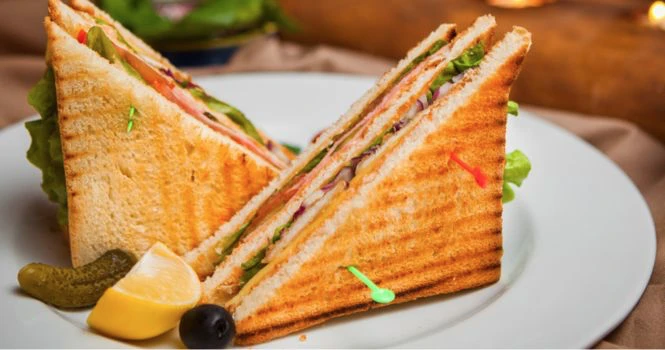
What are signs and symptoms of food poisoning?
– Vomiting
– Diarrhoea
– Fever
– cramps in stomach
– General weakness due to loss of fluids(dehydration)
What to do, after you experience signs and symptoms of Food Poisoning?
Keep yourself adequately hydrated at all times preferably with over the counter electrolytes sachet, the contents dissolved in water and consumed. If symptoms persist consult your family physician.
Your doctor, after looking for signs of dehydration, would advise accordingly. If there is a need to rehydrate rapidly, then it would be through Intravenous(IV) fluids.
Bacteria which cause food poisoning are
1. Staphylococcal aureus
2. Bacillus Cereus
3. Clostridium Perfringens
4. Vibrio Cholera
5. E-coli
6. Salmonella species
7. Shigella
The incubation period is different for different organisms listed above and the number of micro-organisms needed to cause infection also differs.
Most common is Staphylococcal food poisoning, caused by bacterium, Staphylococcus aureus. It is found on the skin and in the nose of about 25% of healthy people and animals. The toxins produced by it causes food poisoning.The incubation period is short because of preformed toxin, which develop within 30 minutes to 8 hours after ingestion.
What to eat after food poisoning?
Eat food which are soft and non-spicy and make sure its properly cooked. Few things which you can have are,
1. Rice
2. Bread
3. Bananas
4. Get electrolytes replenished adequately.
Diagnosis of food poisoning :
A specific diagnosis is not necessary and not available to guide treatment.
It is usually done by taking detailed history of person involved in eating a particular food or drink and foods eaten during previous 2 days, or their degree of dehydration.
Usually a common source is identified as in picnics or eating sandwiches at a particular place.
Mainstay of treatment is Adequate Rehydration.
Differentiating from cholera is important.
Tenesmus, found in food poisoning, is one of the many features which differentiates it from cholera.
(Tenesmus is, a continual or recurrent inclination to evacuate the bowels.)



